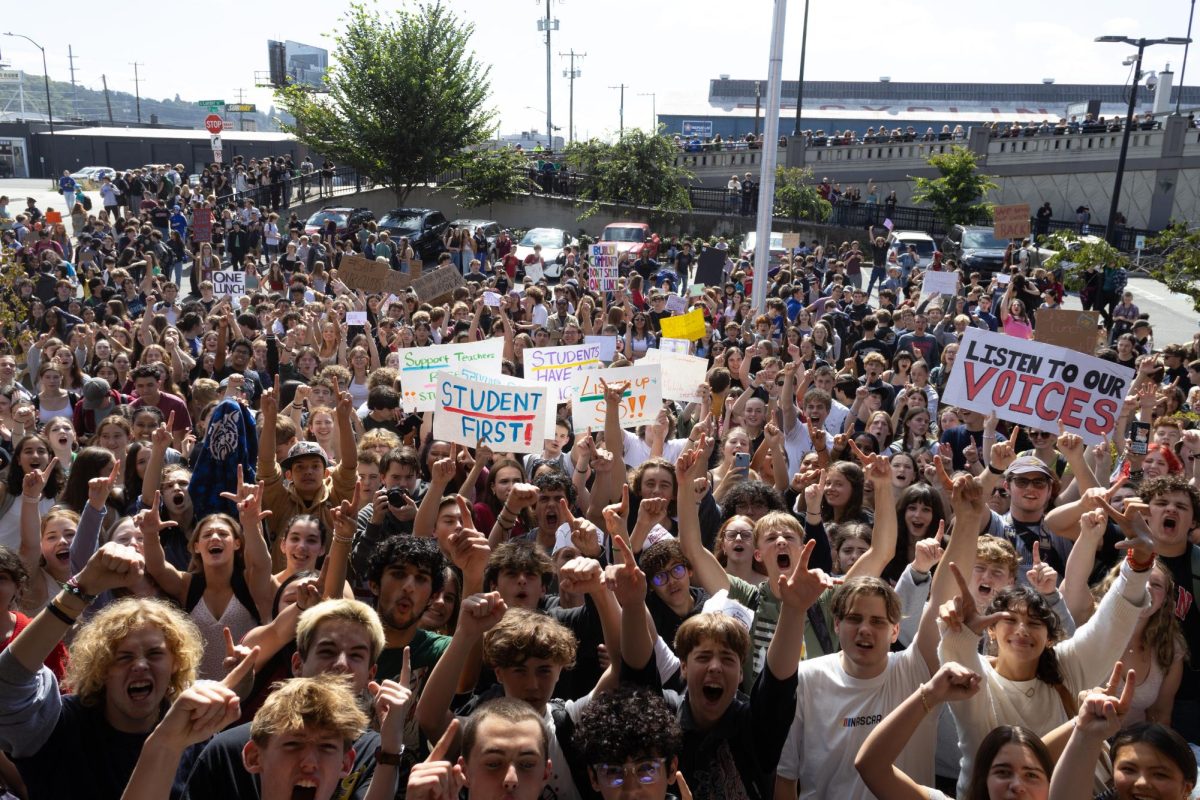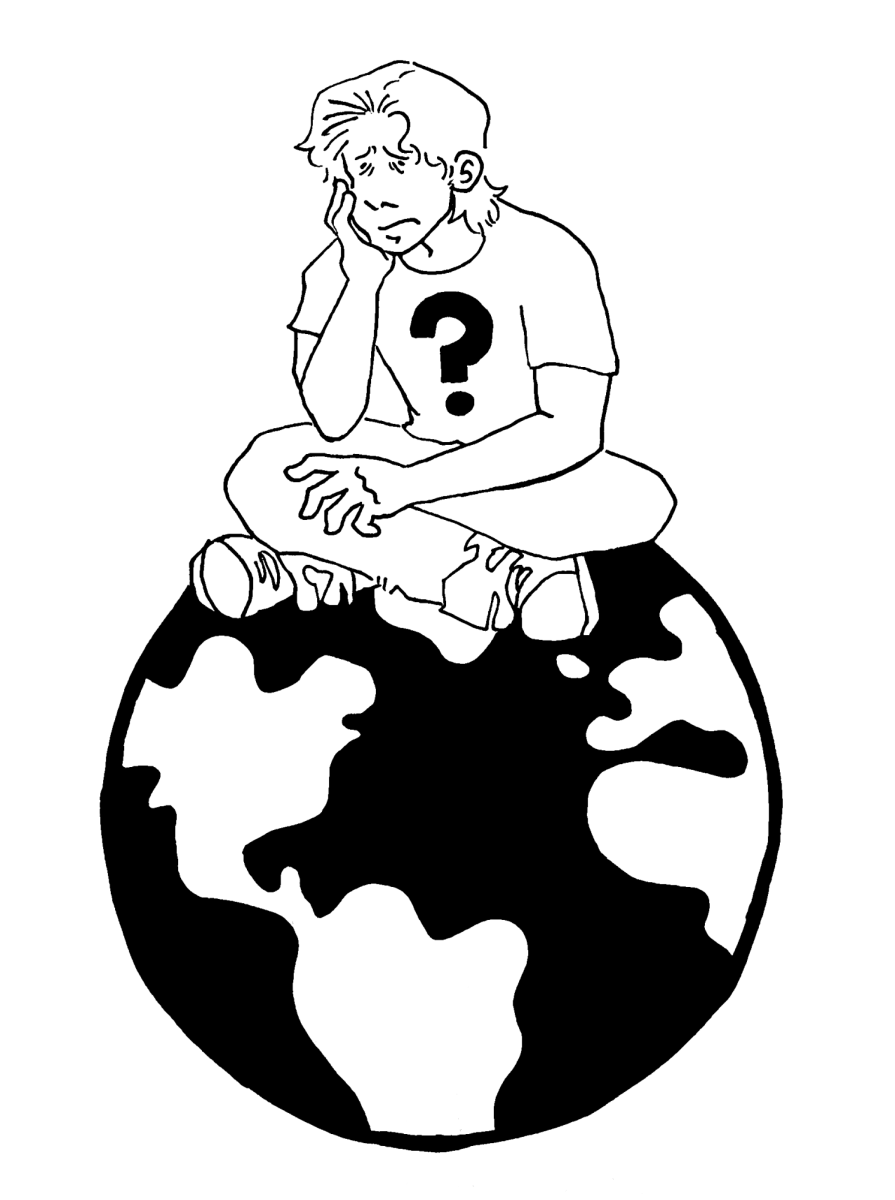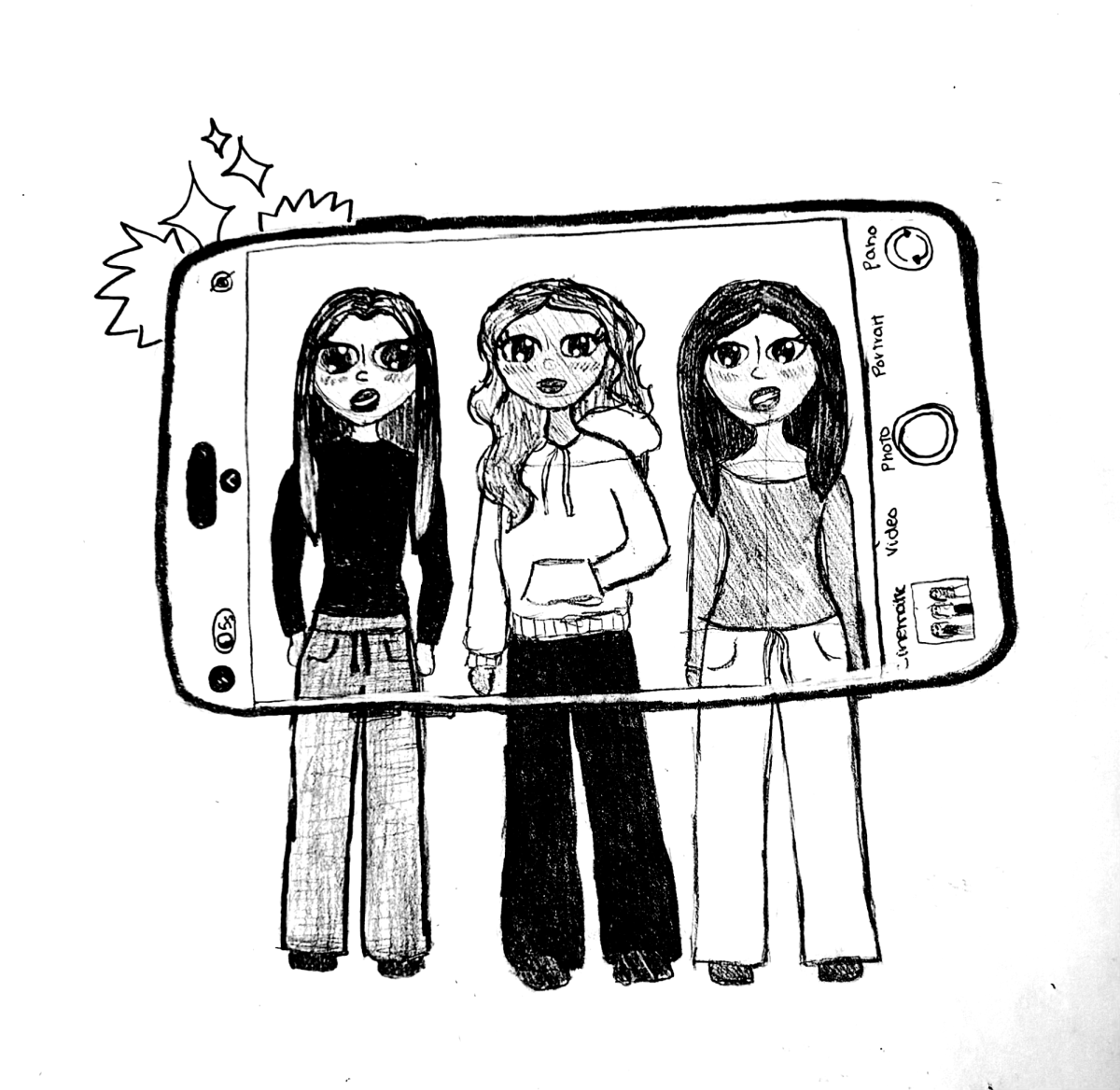You are maybe one or two 30 second videos away from being as famous as premiere stars. Never before has fame been as democratized as it is today. Fire up FL studios, there is an outside shot that a song you made from stock samples and Youtube gets popular enough to land you on the hot 100. Now how much of this is because it’s gotten easier to reach stardom, versus the bar for stardom dropping so significantly.
Yeah Joe Schmoe can become a “star” but is he going to be drawing in the crowds?
In Hollywood, standalone blockbusters are extinct. Movies fueled by pure star power aren’t profitable anymore unless they are a part of a larger franchise, meaning even with stars new IP is unlikely to be greenlit. In 2025, CNBC estimates 50-70% of studio releases will be related to existing media. Truth is, there are no stars solely big enough to draw people in.
In music, the number of live music tickets sold are down nearly 17% compared to last year, with per show revenue falling seven percent. Even in big arenas sales are failing. 2025’s Coachella’s ticket sales have been the slowest in a decade. The headlining roster wasn’t great, a collection of large but stale stars, but big artists are supposed to draw big numbers no matter what.
And in art? Banksy is the only active contemporary artist who is even close to widespread recognition. 20th century stars like Andy Warhol or Jean-Michel Basquiat are long dead. Today, with no stars to protect its image, contemporary art has become a punching bag. Our distaste for modern art and its derivatives is so strong, we now have legislation regulating the construction of government buildings in modern styles.
The arts are experiencing dramatic suffering because we have no stars.
No true stars anyways, or at the very least our stars have plummeted in relevance. No more is there an established, upper level of influencers.
The raw young talent is there, the average age of charting musicians on the billboard top 200 is actually one of the youngest it’s ever been. Today, the average age for a solo artist on the board is hovering just under 30.
So if the talent exists, why the lack of giants?
The easy answer is social media. It’s the vague scapegoat where all our blame can be directed. Blaming social media blinds us of the real problem, commodification of artists. It’s blaming the car for an accident, and not the driver.
The Root Problem
Art is a skill like any other. A skill that takes nurturing and importantly time to develop. In the 2020’s, trends and fads come and go so quickly that the artists responsible for them see brief mainstream coverage before disappearing. Because trends live and die within a week, artists don’t stick around long enough to develop in the public eye.
This issue applies to all art, but music is the most stark. Music algorithms like Spotify respond to what’s popular in the moment. Since that comes and goes so fast, musicians today are forced to release singles and EP’s instead of full length albums. Releasing a single gives the musician greater leverage over the algorithm, since they can spread releases over a greater period of time thus staying relevant though the downside is the music itself suffers.
Both musicians and consumers are adapting to social media and by extension music algorithms, which encourage catchy clips. Simple, marketable melodies and lyrics are mass produced, because they will attract the widest net of people; all of whom have a fly-eque attention span. These singles are catchy and fast, the hope being two weeks of fame instead of one.
The simplification of music is real. An April study in the journal Scientific Reports analyzed 12,000 songs from the 1950’s to today, and they found across genres lyrics have become more repetitive, less complex, and angrier. Why angrier? Again, universality. Music has become an arms race to develop the broadest hits, with emotions as the last resource to abuse.
The unique styles of past musicians wouldn’t be nearly as successful today, that being if they even got produced.
Simply put it’s near impossible for a musician to stay relevant long enough for them to contribute innovative unique music. If you’re 19 and poor, it makes infinitely more sense to push generic crap that has a chance at making money than groundbreaking albums, creative dignity be damned. This ends in a revolving door of 18 to 20 something year old’s on air. It’s tiring for the consumer to try and keep up.
The long term downside for the musician is that they lose their individuality in exchange for this chance at quick fame. The musician becomes another factory for the label company, their name is irrelevant to everyone involved including the consumer. Why should anyone care for whoever this week’s top singer, when they will be forgotten by next Tuesday.
You’re able to substitute musicians for anything. Painters, instead of simplistic melodies it’s safe landscapes. Actors or directors, why risk new IP when a sequel will print more money.
Art as a Commodity
Counting yet another crime of the rich, profit motive in the media is the problem behind everything. If Disney can produce a blockbuster without the help of skilled actors or writers, why bother? If Spotify can print money from abusing desperate musicians, why not? It doesn’t make sense to try and push boundaries, if there is no profit incentive.
Artists have been stripped of art, and effectively turned into cattle to slave on boring uninspired works.
Ultimately, there are no superstars because it’s not profitable. It’s not the fault of artists, or musicians, actors, consumers or anyone else other than the greedy mega corporations that run our media.

























